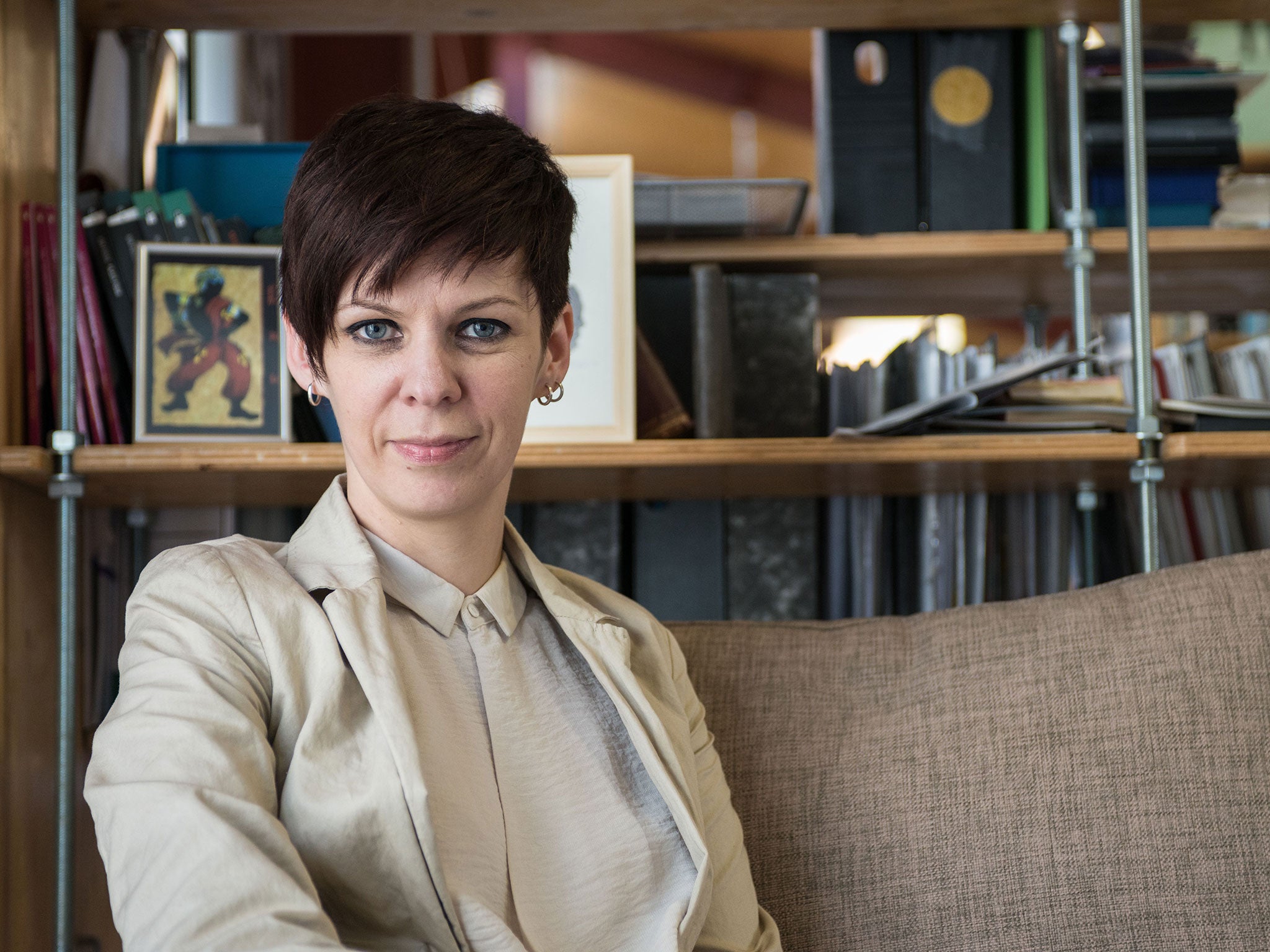Playwrights in Britain 'censor their own work to avoid losing funding'
Founder of Belarussian underground theatre questions why there is 'so much fear' in UK about 'provocative' work

Playwrights in Britain are censoring their own work for fear of losing arts funding, the founder of an underground theatre in Europe’s “last dictatorship” has warned.
Natalia Kaliada, director of the Belarus Free Theatre, moved to the UK in 2011 after fleeing the former Soviet state where, according to Human Rights Watch, freedom of expression is “severely restricted”, activists can be “arbitrarily detained” and opposition journalists are “routinely” harassed.
Speaking at an arts symposium called No Boundaries, which was held this week in Manchester and Bristol, she said her company was “highly sensitive to any form of control” because of its experience in Belarus. “I paid the price, and my family paid the price, for speaking our minds freely while living under a dictatorship,” she said, according to a report in The Stage magazine. “Now, living in a democracy, I start to develop a fear of speaking freely in our shows in case we will lose our funding. “Creative conformism is blooming in democratic countries, and so you have to ask whether the only way to secure funding today is to create safe art.”
She questioned why there was “so much fear” in the UK about standing up for “provocative artistic work”. “We understand that censorship under a dictatorship is imposed by the external ruling regime. Censorship from within a democracy is often self-imposed by the individual,” Ms Kaliada said.
Her comments echo those made in March by Jude Kelly, artistic director of the Southbank Centre, Munira Mirza, Deputy Mayor for education and culture, and Shami Chakrabarti, director of the human rights organisation Liberty, among others, who described the rise of self‑censorship as “chilling” and “catastrophic” for British culture.
Earlier this year the National Youth Theatre dropped a play – inspired by the story of three schoolgirls from Bethnal Green in London who went to Isis-controlled territory in Syria – just two weeks before its opening night.
Nadia Latif, director of the play, called Homegrown, told the Symposium: “We jump to support artists struggling to make work in the regimes of the East, but here in our haven of Western liberal democracy we hesitate to stand behind those pushing against a more insidious authoritarianism.”
Join our commenting forum
Join thought-provoking conversations, follow other Independent readers and see their replies
Comments
Bookmark popover
Removed from bookmarks